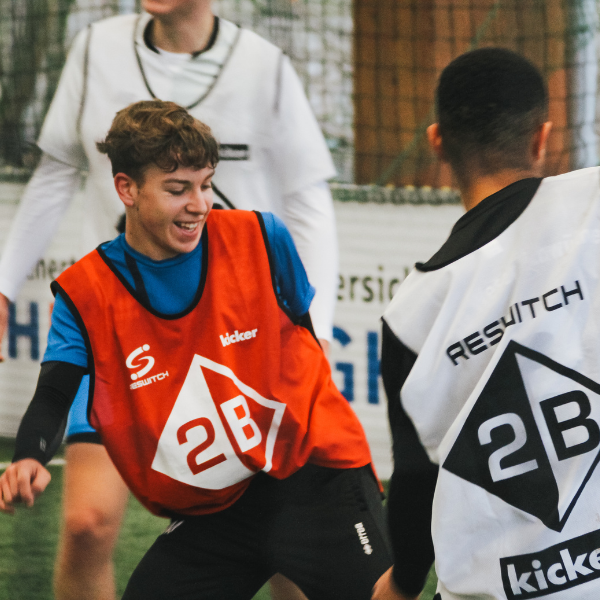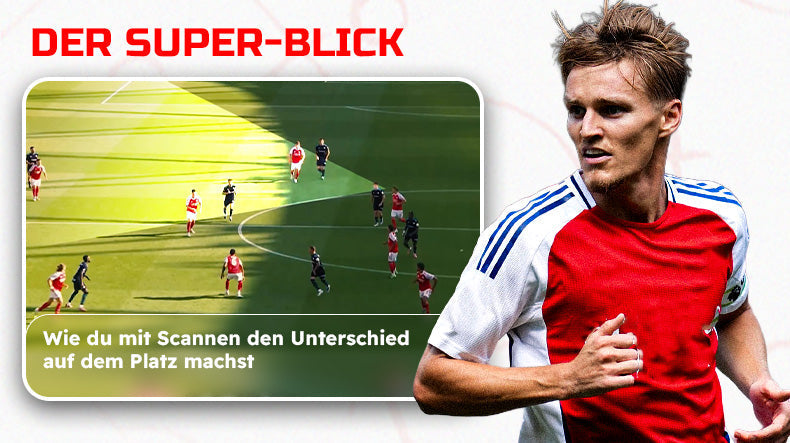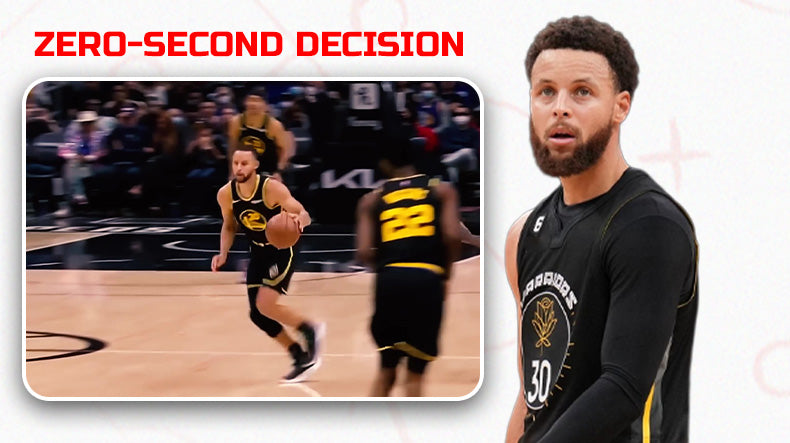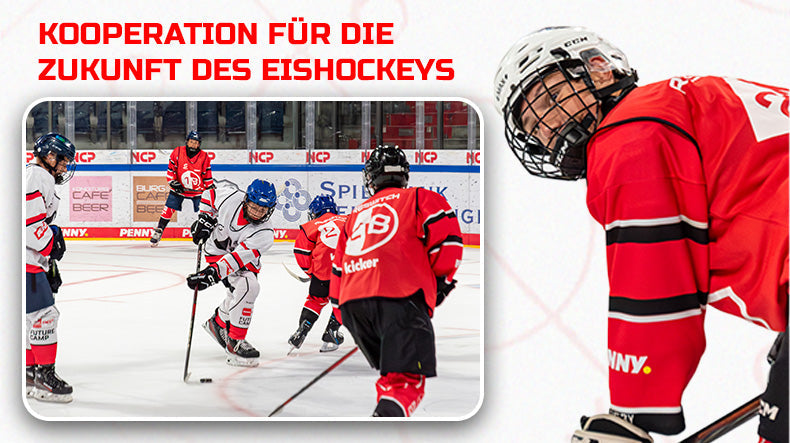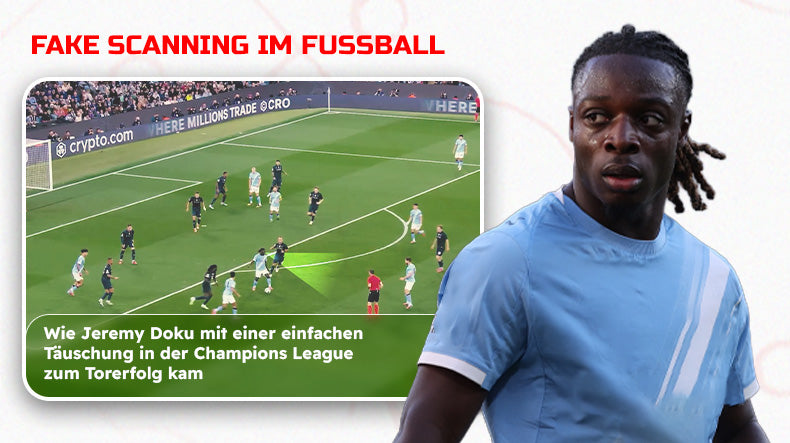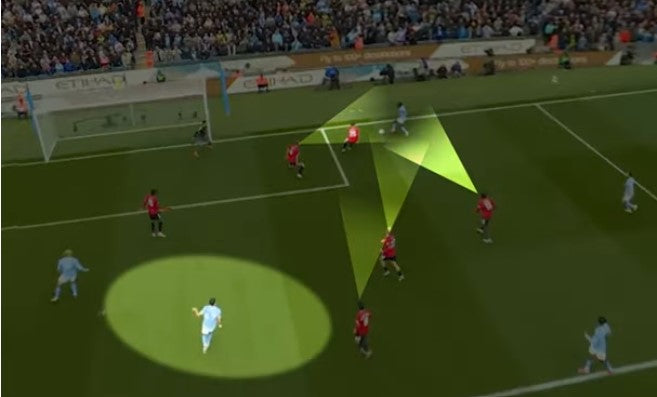Alternative Scouting Ideas for Professional Football Clubs
For months I have been thinking about how the scouting of youth performance centers could be optimized in the basic area.
Just last week there was a film report on WDR about an 8-year-old who was signed by BVB and is now driven 70 kilometers to training and 70 kilometers back several times a week. For me this is a fiasco, because the boy loses this time for training, spending time with friends and for school.
Players in the basic area are in the phase of trying things out, where actions that are criticized are quickly no longer tried, even though they are precisely what are necessary for long-term development. So why should he play in a performance center when he has more time to train and try things out at home?
A supporter of early transfers could argue that the quality of coaching and training is higher in the NLZ and that players therefore develop faster. Certainly not wrong, but in my opinion not the ideal approach either.
In my opinion, the following approach would be optimal:
Instead of investing in youth scouts in the basic area, professional clubs should invest in club development. What does that mean? In my opinion, the right way would be for recreational sports clubs to receive support in setting up the sports structures and the sports content of children's and youth training. To do this, professional clubs could employ club developers. The club developers are close to the clubs, offer training for coaches and serve as contact persons for the club's sports management and accompany the coaches at regular intervals during training. This means that the club developers are not only up to date with the players' development, but can even influence the development themselves. The recreational sports clubs, on the other hand, receive a lot of know-how, which increases the attractiveness of the club.
Now those in charge could say that this means that the range of good players in a region is not spotted so quickly and that other clubs will then scout and sign them first.
I don't really believe that, because the professional clubs that implement this idea best will also win over the most ambitious clubs and their players. Then the clubs should "give, give, give and only then take". If another NLZ comes knocking on a player's door, they will say, including parents, that the player will be best supported at home during the current phase and that a move to the NLZ that has already supported the player's development is in order.
The clubs that bring this approach to life will be able to attract even better youth players in the future and thus clearly differentiate themselves from other clubs. But for this to happen, those in charge must recognize that this requires employees who can not only observe and evaluate the best players, but who are also passionate about promoting the sport in the region and can act as a link between grassroots and competitive football. We are therefore talking about a "partner club 2.0" here, as this is much more intensive than is currently the case with many partner clubs. In the long term, it could also be possible for more players from their own region to make the step to the professionals, like Kevin Großkreuz at Dortmund or Thomas Müller at Bayern. These are the stories that have a lasting impact on clubs.
In addition to all the advantages that the clubs gain from this, it is the greatest benefit for young players, who can develop in peace in their familiar environment and still receive optimal support.
This approach could then significantly reduce the premature transition of youth players from the basic level to youth performance centers.
We look forward to your opinion and further suggestions. Please write us a comment or a personal message
Author: Tammo Neubauer




